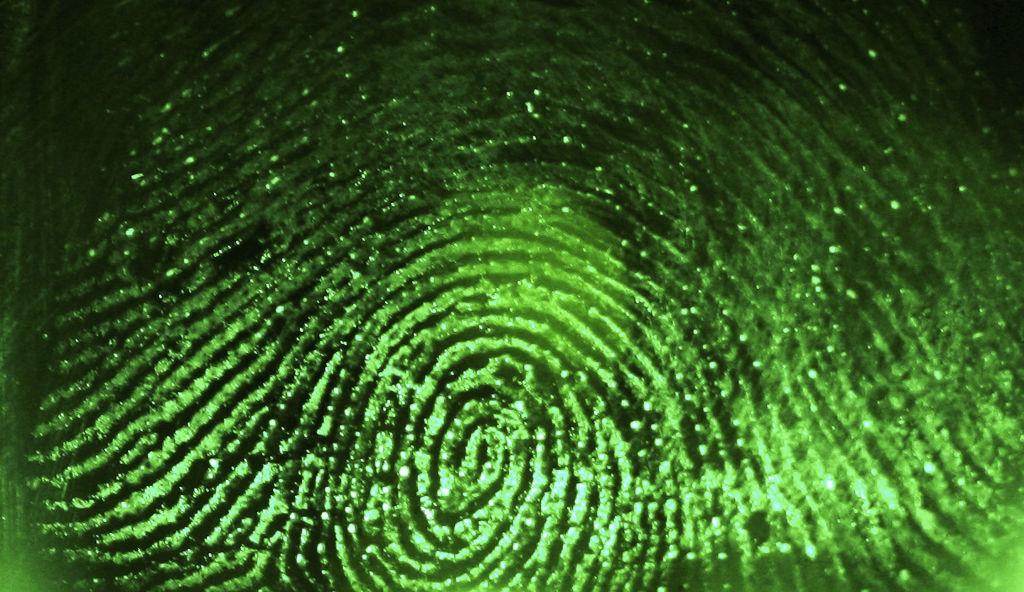A widespread rollout of the national digital ID will result in a drop in cyber attacks and scams, according to Christopher Taylor, chief of policy at the Australian Banking Association.
The government is examining the implementation of a national digital ID that will be a one-stop-shop for accessing government health, welfare, and tax services—with potential expansion into banking and supermarket services in the future.





